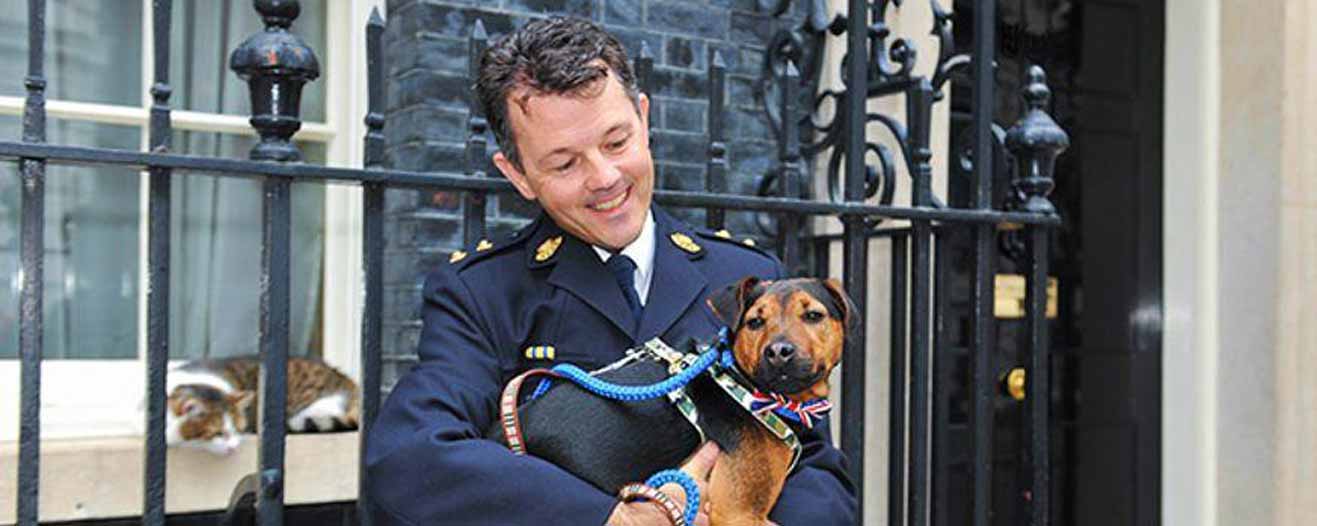- Find a Pet
- Advice and Welfare
- Ways to Give
- Get Involved
- What We Do
- Search
- My RSPCA
- Report a concern
- Gift in Wills
-
Colour modeVivid Calm
- Home
- What we do
- End cruelty
- Prosecution
Prosecuting animal cruelty and neglect
We investigate and prosecute animal cruelty reported to us by members of the public who are concerned about the welfare of animals.
We're always grateful for the help of these individuals - because it takes all of us to get justice for cruelly treated animals and to transform their lives, wherever possible, to ones of love and kindness.

Prosecutions in 2019
In 2019 we secured 1,432 convictions relating to animal welfare offences, which meant we achieved a 93.7% success rate from all our cases.
Our latest report includes some of the cases we dealt with last year, featuring success stories involving animals removed from the most appalling situations. You can read how the animals were rehabilitated from their physical and mental suffering and went on to enjoy their new lives.
One case is about Jay, a dog who was shot four times. Jay made a miraculous recovery and went on to help deliver the petition for tougher sentences for animal cruelty at Number 10 Downing Street with the inspector who investigated his case.
Prosecution Annual Report
Read online: The Prosecutions Annual Report 2019
Please enter a valid video URL.
The URL can point to any Facebook, Twitch, Vimeo or Youtube video.
Prosecuting to protect animals
We often get asked why we prosecute people, and it's not a decision we make lightly.
Wherever possible we offer advice and assistance to improve animal welfare, including giving people time to make improvements to their standards of care. But this is not always possible or appropriate, for example if there has been a deliberate act of violence against an animal, where people won't accept assistance, or in extreme cases of neglect.
It's under these types of circumstances when we consider prosecution under laws such as the Animal Welfare Act.
The power to prosecute
Everyone in England and Wales has the right to bring a private prosecution against someone who they believe has committed an offence.
If legislation to protect animals is to be effective, it must be adequately enforced.
Relevant documents
- You have received a Court Summons
- Section 20 Application Animal Welfare Act 2006
- Information about being a witness in an RSPCA investigation and prosecution



